Deep Learning and Automation of Image-Based Quality of Seeds and Grains
Today, manual visual inspection of grain is still one of the most important quality assurance procedures throughout the value chain of bringing cereals from the field to the table.
Together with industrial partners, this project aims to develop and validate a method of automated imaging-based solutions that can replace subjective manual inspection and improve performance, robustness and consistency of the inspection.




















